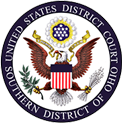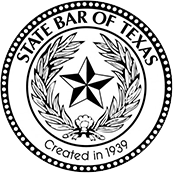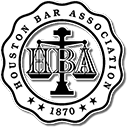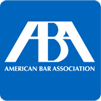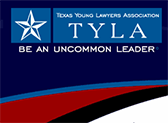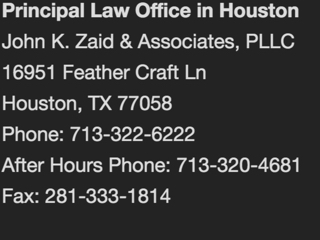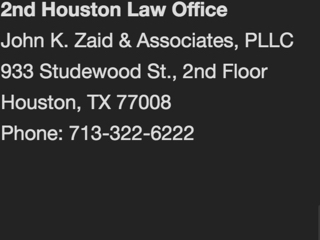Premises liability is a legal theory stating that property owners are liable for accidents and injuries that occur on their property. The kinds of incidents that may result in premises liability claims can range from a slip and fall in a grocery store or office building to an injury at the zoo. Liability depends on the laws and procedures of each respective state. In some states, the court will focus on the status of the injured visitor in determining liability. In other states, the focus will be on the condition of the property and the activities of both the owner and visitor. It must also be noted that an occupier of land, like an apartment tenant, is treated in the same manner as a landowner in many situations.
In states that focus only on the status of the visitor to the property, there are generally four different labels that may apply: invitee, social guest, licensee, or trespasser. An invitee is someone who is invited onto the property of another, such as a customer in a store. This invitation usually implies that the property owner/possessor has taken reasonable steps to assure the safety of the premises. A licensee enters the property for his own purpose, or as a social guest, and is present at the consent of the owner. A social guest is just that, a welcome visitor to the property. Finally, a trespasser enters without any right whatsoever to do so. In the case of licensees and trespassers, there is no implied promise that reasonable care has been made to assure the safety of the property.
On the other hand, in states where consideration is given to the condition of the property and the activities of the owner and visitor, a uniform standard of care is applied to both invitees and licensees. This uniform standard requires the exercise of reasonable care for the safety of the visitor, other than a trespasser. Determining whether the standard of reasonableness required by an owner toward licensees has been met requires an examination of numerous factors including: circumstances under which the visitor entered the property, use to which the property is put, foreseeability of the accident or injury that occurred, and reasonableness of the owner/possessor's effort to repair a dangerous condition or warn visitors.
There may be some cases where both parties are to blame for the accident. In this case, most states adhere to a "comparative fault" system in personal injury cases, meaning that an injured person's legal damages will be reduced by a percentage that is equivalent to his or her fault for the incident. For example, if it is decided that an injured person was 25% liable for an accident, and the total damages were $10,000, he or she will receive only $7,500. If you or a loved one has suffered a premises liability injury, you should speak with an experienced attorney to ensure that your legal rights to compensation are fully assessed and protected.
If you or a loved one has suffered a premises liability injury, you should speak with John K. Zaid & Associates, PLLC today, or simply stop by our office to set up your free initial case consultation to ensure that your legal rights to compensation are fully assessed and protected.



